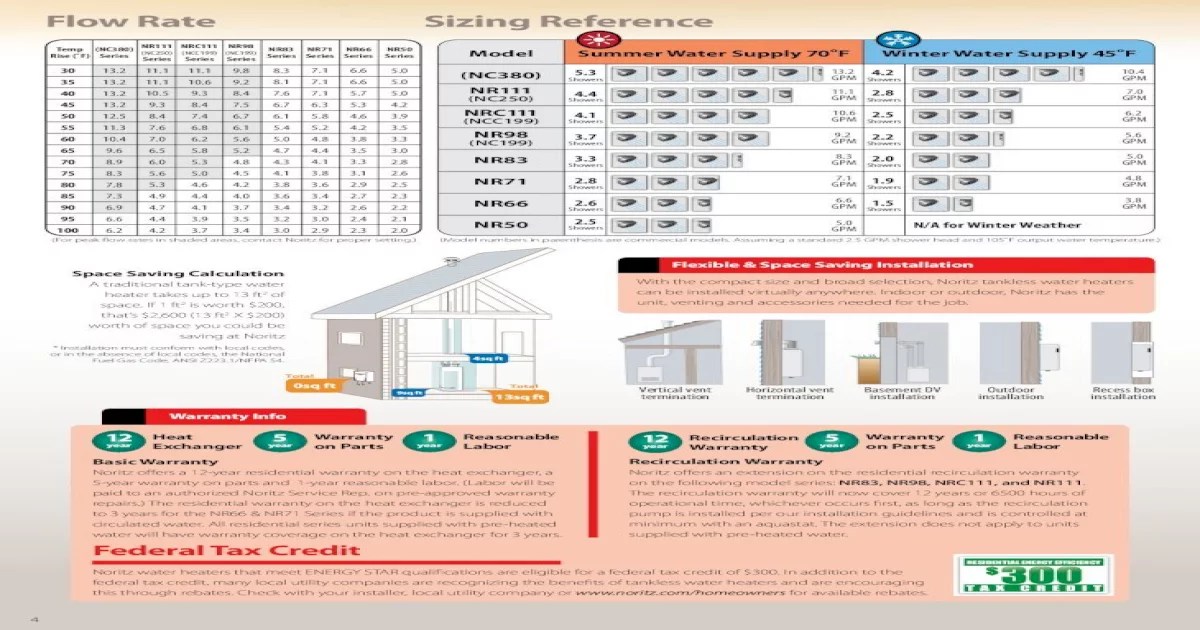National fuel gas code ansi z223 1 – The National Fuel Gas Code ANSI Z223.1, an indispensable resource in the gas industry, provides comprehensive guidelines for the safe and efficient design, installation, and operation of gas piping systems, appliances, and equipment. With a rich history spanning decades, this code has evolved to meet the ever-changing demands of the industry, ensuring the highest levels of safety and reliability in the handling and utilization of natural gas.
As a cornerstone of gas safety, the National Fuel Gas Code ANSI Z223.1 meticulously Artikels the requirements for gas piping systems, encompassing design, installation, sizing, routing, and support. It also addresses the safety considerations for gas appliances and equipment, including their installation, operation, and maintenance.
Furthermore, the code provides guidance on the selection and sizing of gas appliances, ensuring optimal performance and efficiency.
1. ANSI Z223.1
Overview

The National Fuel Gas Code (ANSI Z223.1) is a comprehensive set of standards that govern the design, installation, and operation of gas piping systems, gas appliances, and equipment. The code is developed by the American National Standards Institute (ANSI) and is widely recognized as the authoritative source for safety requirements related to the use of natural gas and propane.
The National Fuel Gas Code was first published in 1927 and has undergone numerous revisions over the years to keep pace with changes in technology and industry practices. The current edition of the code, ANSI Z223.1-2021, was published in 2021 and incorporates the latest safety requirements and best practices for the gas industry.
Structure and Organization
The National Fuel Gas Code is divided into six main sections:
- General requirements
- Gas piping systems
- Gas appliances and equipment
- Gas metering and regulating equipment
- Ventilation and combustion air
- Safety and emergency procedures
Each section of the code is further divided into chapters and articles that provide specific requirements for the design, installation, and operation of gas piping systems, gas appliances, and equipment.
2. Gas Piping Systems
The National Fuel Gas Code provides detailed requirements for the design, installation, and operation of gas piping systems. These requirements are intended to ensure that gas piping systems are safe and reliable and that they do not pose a risk to life or property.
Gas Piping Materials
The National Fuel Gas Code permits the use of a variety of materials for gas piping, including:
- Steel
- Copper
- Polyethylene (PE)
- Cross-linked polyethylene (PEX)
The type of material used for gas piping will depend on the specific application and the requirements of the local building code.
Gas Piping Sizing
The National Fuel Gas Code provides guidelines for sizing gas piping to ensure that it is capable of delivering the required volume of gas to the appliances and equipment connected to it. The code uses a method known as the “pipe sizing factor” to determine the minimum size of gas piping required for a given application.
Gas Piping Routing
The National Fuel Gas Code provides requirements for the routing of gas piping to ensure that it is safe and accessible. The code requires that gas piping be installed in a manner that minimizes the risk of damage and that it is properly supported to prevent sagging.
3. Gas Appliances and Equipment
The National Fuel Gas Code provides safety requirements for the installation, operation, and maintenance of gas appliances and equipment. These requirements are intended to ensure that gas appliances and equipment are safe and that they do not pose a risk to life or property.
Types of Gas Appliances
The National Fuel Gas Code covers a wide range of gas appliances and equipment, including:
- Furnaces
- Boilers
- Water heaters
- Cooking appliances
- Fireplaces
Each type of gas appliance has its own specific requirements for installation, operation, and maintenance.
Gas Appliance Installation
The National Fuel Gas Code provides detailed requirements for the installation of gas appliances. These requirements are intended to ensure that gas appliances are installed in a safe and workmanlike manner.
Gas Appliance Operation
The National Fuel Gas Code provides instructions for the safe operation of gas appliances. These instructions are intended to help prevent accidents and ensure that gas appliances are used in a safe and efficient manner.
4. Gas Metering and Regulating Equipment
The National Fuel Gas Code provides requirements for the installation, operation, and maintenance of gas metering and regulating equipment. This equipment is used to measure the volume of gas consumed and to regulate the pressure of gas supplied to appliances and equipment.
Gas Meters
The National Fuel Gas Code requires that all gas meters be installed in accordance with the manufacturer’s instructions. The code also requires that gas meters be tested and calibrated on a regular basis to ensure that they are accurate.
Gas Regulators
The National Fuel Gas Code requires that all gas regulators be installed in accordance with the manufacturer’s instructions. The code also requires that gas regulators be tested and calibrated on a regular basis to ensure that they are functioning properly.
5. Ventilation and Combustion Air
The National Fuel Gas Code provides requirements for ventilation and combustion air to ensure that gas appliances have an adequate supply of air for combustion. These requirements are intended to prevent the accumulation of carbon monoxide and other hazardous gases.
Ventilation, National fuel gas code ansi z223 1
The National Fuel Gas Code requires that all gas appliances be installed in a well-ventilated area. The code provides specific requirements for the size and location of ventilation openings.
Combustion Air
The National Fuel Gas Code requires that all gas appliances be supplied with an adequate supply of combustion air. The code provides specific requirements for the size and location of combustion air openings.
6. Safety and Emergency Procedures: National Fuel Gas Code Ansi Z223 1

The National Fuel Gas Code provides safety and emergency procedures to follow in the event of a gas leak. These procedures are intended to help prevent accidents and ensure the safety of life and property.
Gas Leaks
The National Fuel Gas Code provides instructions for identifying and responding to gas leaks. The code requires that all gas leaks be reported to the gas utility immediately.
Emergency Procedures
The National Fuel Gas Code provides emergency procedures to follow in the event of a gas leak or other gas-related emergency. These procedures are intended to help prevent accidents and ensure the safety of life and property.
Answers to Common Questions
What is the purpose of the National Fuel Gas Code ANSI Z223.1?
The National Fuel Gas Code ANSI Z223.1 provides comprehensive guidelines for the safe and efficient design, installation, and operation of gas piping systems, appliances, and equipment.
What are the key components of the National Fuel Gas Code ANSI Z223.1?
The code covers gas piping systems, gas appliances and equipment, gas metering and regulating equipment, ventilation and combustion air, and safety and emergency procedures.
Who should use the National Fuel Gas Code ANSI Z223.1?
The code is intended for use by professionals in the gas industry, including engineers, contractors, inspectors, and safety personnel.